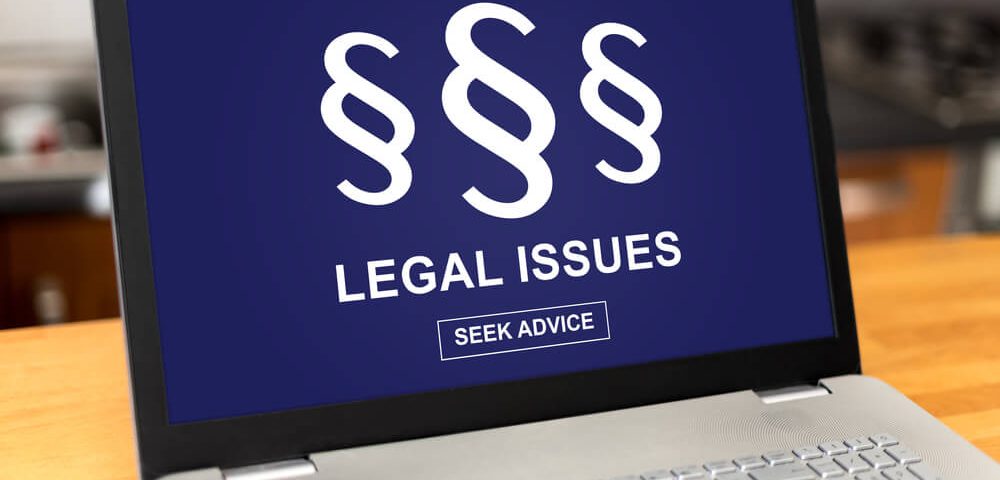
If you have a legal problem, seek help early!
Many people suffer unnecessarily because they believe seeking legal advice will be expensive. Legal advice and assistance can be obtained for free or at a reduced cost. If in doubt, speak to an adviser about your situation to determine whether professional assistance is needed.
What is the legal age in Australia?
• A person 17 years or over is considered an adult under Criminal Law
• A person 18 years and over is considered an adult under General Law. 18 is the legal age in Australia where you can lawfully access nightclubs, casinos and other licensed venues. Underage drinking, illegal use of drugs and other criminal offences are unlawful and will be punishable according to the law.
• A person 18 years and over is considered an adult under General Law. 18 is the legal age in Australia where you can lawfully access nightclubs, casinos and other licensed venues. Underage drinking, illegal use of drugs and other criminal offences are unlawful and will be punishable according to the law.
Your rights:
A person is not required to go to a police station to answer questions unless they have been arrested. Police have the right to question any person, but the person being questioned is not obliged to answer except:
• to provide their name and address
• to produce a driver’s license for traffic offences or accidents
• to identify a driver who was driving at the time an offence was committed unless that answer will incriminate the person answering
• to provide information to a customs officer about the import and export of narcotics
• to provide date and place of birth where the police are investigating a drug matter and they are a suspect, or have been detained for search.
If a person is arrested and does not give their name or address, this may result in a refusal of bail by the police. A person under investigation or questioning for an offence has the right to remain silent unless required to answer under any Act. Before a police officer starts to question a person in custody for an indictable offence, the officer must inform the person of the right to communicate with a friend, relative or lawyer. Inadequate knowledge of the English language or a physical disability. There is a right to an accused person in custody to have the interview electronically recorded.
• to provide their name and address
• to produce a driver’s license for traffic offences or accidents
• to identify a driver who was driving at the time an offence was committed unless that answer will incriminate the person answering
• to provide information to a customs officer about the import and export of narcotics
• to provide date and place of birth where the police are investigating a drug matter and they are a suspect, or have been detained for search.
If a person is arrested and does not give their name or address, this may result in a refusal of bail by the police. A person under investigation or questioning for an offence has the right to remain silent unless required to answer under any Act. Before a police officer starts to question a person in custody for an indictable offence, the officer must inform the person of the right to communicate with a friend, relative or lawyer. Inadequate knowledge of the English language or a physical disability. There is a right to an accused person in custody to have the interview electronically recorded.
What is a Tenancy Law?
A “tenancy” usually exists where a person (the tenant) pays money to another (the Landlord) for the right to occupy the landlord’s premises for some definite period of time (a term). This right to occupy the premises is more than just a contract; it is a right to the land. The Residential Tenancies Act 1994 defines the rights and responsibilities of tenants, their lessors and agents in a wide variety of situations. Many issues and disputes that may arise relate to these rights and responsibilities set out in the Act. Under the tenancy agreement, tenants are required to occupy the premises quietly and not create excessive noise. If the tenant is at least 14 days in overdue rent payments, the Commission can give a 14-day notice to quit and a warrant can be issued to possess the land if the tenant is still on the premises. If the landlord, without having ended the tenancy, enters and tries to evict either peacefully or forcibly, she or he may be liable to a criminal prosecution as well as civil proceedings. Make sure you have all dealings with the landlord or agent in writing. Always keep your rent receipts as proof of payment.
Fact Sheets from the Residential Tenancies Authority & the Tenancies Union of Vic are available.
Fact Sheets from the Residential Tenancies Authority & the Tenancies Union of Vic are available.
